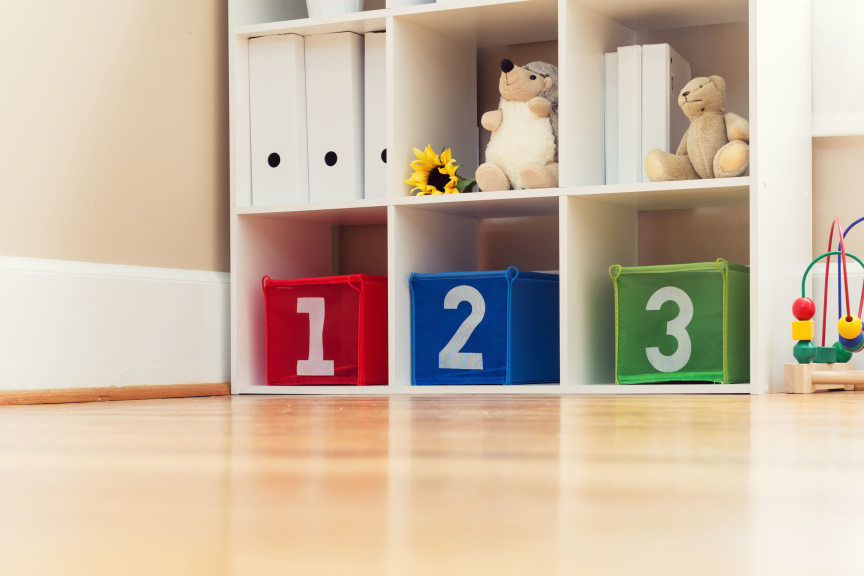The Dilemma: A few months back, a friend asked me, “My son is about to turn two. My husband feels very strongly that he should not attend preschool. Since we both did not attend preschool, he doesn't feel it's important. I want to send him to preschool but I’m not very sure of the benefits or disadvantages if any.”
The above is a dilemma faced by a lot of parents who want to choose to not send their children to preschool. Let’s look at some factors that will encourage you as a parent, to make up your mind.
Once upon a time, long before preschools existed, children spent their early years at home. Supervised by a full-time mother, aunts, uncles and grand-parents, home and back-yard was their territory and the neighbourhood, their society. Their daily agenda – to play with intervals of food and sleep. Their goal - to grow and flourish. Children thrived and matured as they creatively explored the world of their home, family and nature, whether it was a trip to the local bazaar or hunting for snails in the backyard. In the process, children not only had fun but developed key skills that prepared them for school.
The Reality: Today's children are more likely to be found in a territory called preschool. It's a shift in location, but the agenda and the goal remain the same. Given the fact that the traditional joint family structure has morphed itself into the ‘nuclear family’ or rather ‘working parents with children’ it becomes increasingly difficult to provide our children with the environment we grew up in. Living spaces are a lot more cramped than they used to be, therefore not allowing children to freely move around and explore space. The backyard in most buildings doesn’t exist, hence opportunities to explore, create, imagine, and to play become limited within the confines of home.
The Advantages: Brain researchers are convinced that 50 percent of a person's ability to learn is developed in the first four years of life. Therefore, the early childhood years are important as they lay a foundation that affects the educational efforts of all subsequent years.
"There's increasing evidence that children gain a lot from going to preschool," says Parents advisor Kathleen McCartney, PhD, dean of Harvard Graduate School of Education, in Cambridge, Massachusetts. "At preschool, they become exposed to numbers, letters, and shapes. And, more important, they learn how to socialize -- get along with other children, share, and contribute to circle time." Children in preschool programs tend to be more emotionally prepared for school, as they have already grown accustomed to a certain level of structure as well as being away from home for extended periods of time.
Preschool also gives opportunities to engage in a wide spectrum of age appropriate learning experiences that children may not get at home such as music and movement, arts and craft, dramatic play, sensory play, story telling and possibly a second language.
The Disadvantage: The number-one disadvantage of sending a child to preschool is that not all programs are quality programs with expert and qualified teachers. This can damage a child's future attitude towards school and even make him/her reluctant to attend school.
Some preschool programs don’t give children the individual attention that they require at this age, therefore, as a parent it is important for you to select the right preschool for your child.
The Selection: While deciding on an appropriate preschool for your child find out about the various preschools in your neighborhood.
-
Call prospective preschools to learn about their programs, operating hours, payment policies, and other essentials. Then make arrangements to see the school. Don't choose a school without visiting it for a few hours.
-
During your visit, look for teachers who show a love of children and a dedication to their welfare. How do the teachers interact with the children? Teachers should gently guide and instruct them, answer their questions, and foster their self-confidence. Be sure to find out about the teacher’s qualifications and credentials.
-
The school's curriculum is very important. Avoid preschools that emphasize pen-and-pencil and only teacher-directed activities, which can stifle a young child's love of learning. Make sure a school offers opportunities for your child to work alone and in groups, while balancing indoor and outdoor activities.
-
In selecting a school, consider carefully how your child will fit into the environment. If possible, have your child visit the school with you. And above all, choose a school in which the children are obviously having fun.







